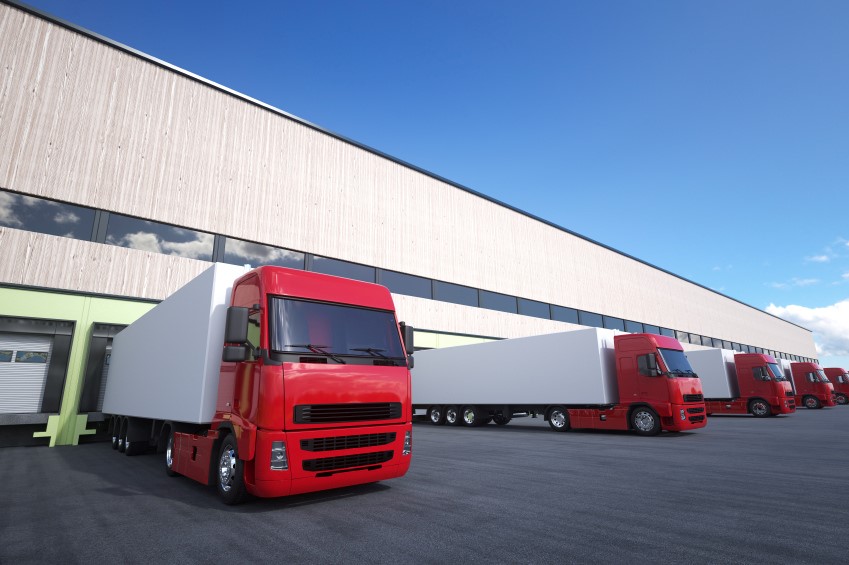Automation & What That Means for Fleet Managers
In all industries, varying ways of streamlining processes to benefit costs and productivity are always being sought.
In larger companies, such as manufacturers or in the technology sector, ensuring that processes are being performed in the best and most efficient way is a matter of necessity.
That’s where automation comes in; it is a solution that has helped many companies develop the way that certain processes are executed productively.
But what exactly is automation? Can it affect your company? And most importantly, what does automation mean for fleet managers? In this post, we dispel the myths, explain the meanings and discover the statistics behind automation.
What Is Automation?
Although there are several ways to implement automation within a company, understanding exactly what it is, and how you could utilise it best, is vital.
Automation is when any automatic equipment is introduced to a manufacturing (or other process) facility, in hope of creating a sleeker operation and generating a better overall system.
This can be done in many ways and is exceptionally common in large manufacturing sites.
As technology gets invariably better, the idea behind automation is relatively simple; if a job can be completed by an automatic machine in half the time, with fewer expenditures and with less room for human errors, then a company would benefit greatly from switching to an automated methodology.
A very simple example of automation in day-to-day life could be in the form of your morning coffee. Once upon a time, the individual would have to wake earlier to brew the first coffee of the day. With automation and modern automated equipment, a coffee machine can be scheduled to prepare your coffee for you to coincide with when you wake.
On a much larger scale, this understandably becomes more complex. In a standard manufacturing site, here taking the example of a bottled water manufacturer, once upon a time labels may have been stuck onto the bottles manually. Now, an automated machine sticks these labels on in a matter of seconds.
This achieves a few things, but first and foremost, there is the speed aspect. Whereas an employee may have been able to attach four labels per minute, an automated machine can do many more in the same space of time. This, in turn, can drive up the profit margin, as there will be more output with a reduced amount of wages (wages that would have been for the employee attaching the labels).
Then there are the human error factors to take into consideration, which could be alleviated almost entirely through the use of an automated machine.
The Controversy
This is where the controversy lies with automation. Take an example of in the supermarket. With an automated till system, there is an alleviated need for employees to operate a checkout.
There is the inevitable reduction in employment, which can sometimes create a moral dilemma within a company.
When a company begins looking into automation, understandably this can create a fear for employees as they may see this as a potential loss of role.
Fleet Management
Fortunately, in fleet management, this is not the case. Granted, the role of a fleet manager is ever changing in the fast-paced industry that we operate in. However, the end goal still remains the same: to be responsible for the maintenance, care, organisation and budgeting of the fleet in which the individual manages.
When we look at automation in light of this, it can be difficult to distinguish where exactly it could fit into these various operations. Automation would be beneficial to a fleet manager when it comes to one of the most important responsibilities; budgeting.
This could be in the form of a system that generates automated reports for the fleet manager, to inform of the amount of expenditure used on fuel, and automatically reports on Vehicle and Driver efficiency, more specifically, the FT4000 Fuel Monitoring System from Fueltek.
The FT4000 Fuel Monitoring System can work in conjunction with TankWatch which is a bulk fuel tank monitoring system that helps managers by providing accurate information on current stock, available tank capacity (ullage), stock movements, deliveries and throughputs, making it easy to assess any problem areas with pump throughputs and tank stock movements and reconcile the differences.
With the high cost of road fuel, all transport operators are under great pressure to manage fuel resources more efficiently and be more environmentally friendly – this can be achieved successfully through automation.
If making your company more fuel-efficient sounds of interest, contact us today to see what we could do for you.









